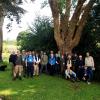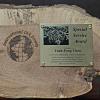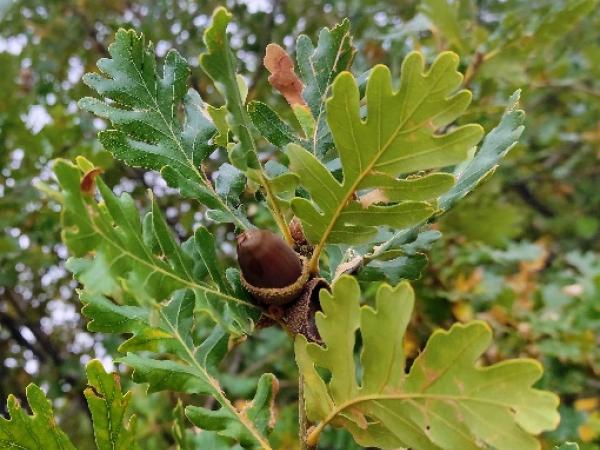Editor's Picks
Plant Focus
Project Contact: Joeri Strijk, Director/Senior Researcher. Alliance for Conservation Tree Genomics, Malaysia.

Executive Summary: Malaysia is part of the Sundaland biogeographical region and is considered one of world’s megadiverse countries, holding most of its diversity in tropical rainforests. The ecosystems of Peninsular Malaysia are governed by the Titiwangsa Mountains that form a more than 500 km long north-south-running barrier, in places reaching up to 2000m. The Oaks of Peninsular Malaysia (9 spp.), their ecology and habitat are not well-studied. Oaks have historically been reported throughout the Peninsula, but are mostly restricted to mid- and upland habitat. From the 1990s onward, mass conversion of coastal plains and low-mid elevation areas to oil palm plantation took place, leading to massive declines of major forest-bound flora and fauna groups. However, large tracts of upland habitat have escaped development and are conceptually captured in the “Central Forest Spine”, the forested backbone of the Peninsula. Our project’s center of operation is Fraser’s Hill, a world-renowned biodiversity hotspot holding over 10% of all of Malaysia’s vascular plants including 337 endemics. A review of historical literature, herbarium records and local knowledge has shown a significant gap in our understanding on the distribution and current conservation status of these nine species. Most records are from the mid-last century, very few ex-situ collections are in existence, and five species are now reported as threatened on the IUCN Red List. The underlying factors to Oak decline in Peninsular Malaysia are poorly understood, with projected Global Change effects being unpredictable, and having the potential to negatively affect increasingly small populations. To address this, we aim to conduct thorough surveys of reported and promising oak habitat, and collect propagules for all species for nursery propagation, population re-enforcement and reintroduction within the wider Fraser Hill Area.
Species Studied:
Quercus nivea (EN)
Quercus elmeri (NT)
Quercus gaharuensis (VU)
Quercus oidocarpa (NT)
Quercus subsericea (NT)
Quercus argentata (LC)
Quercus gemelliflora (LC)
Quercus lineata (LC)
Quercus semiserrata (LC)















